
A 5ft 7in student said he spent £36,000 on surgery to break his legs and increase his height by 3.7 inches after feeling his arms were “too long” for his body.
Irakli Archvadze, a 36-year-old business PhD student from Tbilisi, Georgia, stopped growing at the age of 15, reaching a height of 5ft 7in (170cm) – but with an arm span of 5ft 11.25in (181cm), he felt his body was out of proportion.
He said he always felt “uncomfortable” about his height, even in adulthood, especially when standing next to taller friends or approaching taller women, and he wore insoles to make himself appear taller.
In May 2024, Irakli came across limb-lengthening surgery on YouTube and, after visiting a specialist clinic in Istanbul, Turkey, in August 2024, he decided to go ahead with the procedure.
On February 14 2025, he said surgeons broke his femurs and fitted metal frames to his legs and, over the next three months, he used an Allen key to gradually separate the broken bones by 1mm a day, allowing new bone to grow in the gap.
By May 10, he said he had gained 3.7 inches, bringing his height to 5ft 10.7in (179cm), and he now feels more confident than ever and says the cost and “intense pain” were worth it.
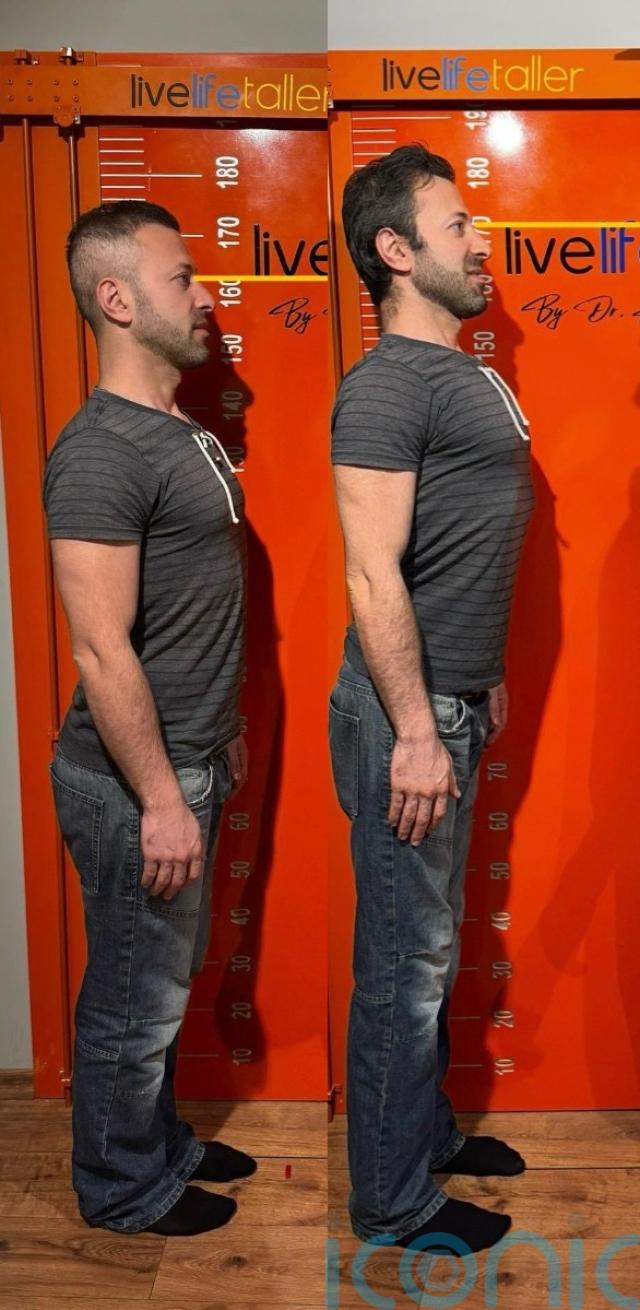
Irakli told PA Real Life: “People don’t understand how us short kings feel.
“With my height, I felt like part of my puzzle was missing and I found this part, through the surgery, and now I feel accomplished so my puzzle is complete.
“It’s easier to get things from the kitchen cupboard and I will see if I can see better at concerts now!”
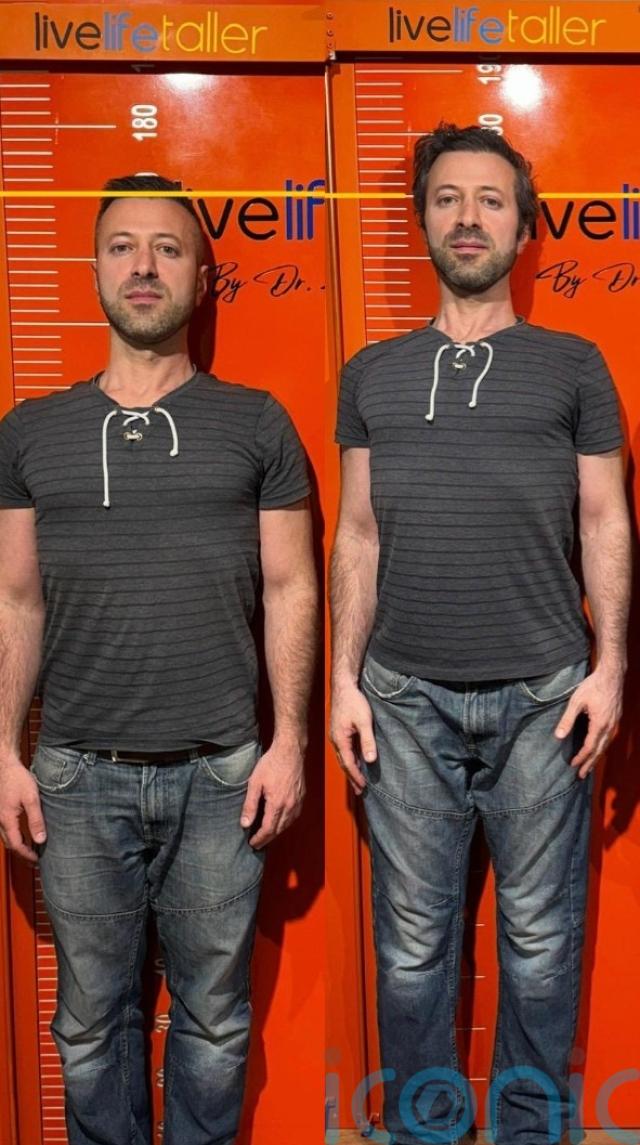
Irakli said he “stopped growing” at around the age of 15, measuring 5ft 7in (170cm).
He always felt out of proportion and that his arms were “too long for (his) body”, with an arm span of 5ft 11.25in (181cm).
As he got older and entered the dating scene, he said he wore insoles to make himself appear taller, and was often “too shy” to introduce himself to women who were taller than him, in fear of getting rejected.
He said he was also the shortest in his friendship group, which made him feel “uncomfortable”.
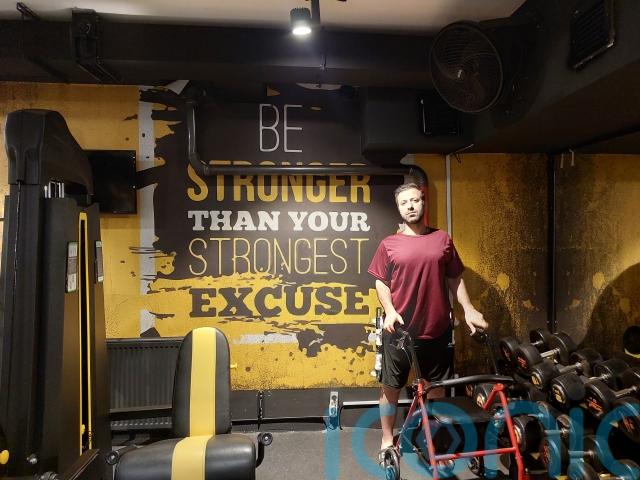
In May 2024, he came across videos on YouTube of people having limb-lengthening surgery.
He recalled: “It was a real shock for me, because I was like, ‘Wow, is it really true? Is it Photoshop or is it fake?’
“I didn’t believe it at first so I decided to visit the clinic, Live Life Taller, in Istanbul.”
In August 2024, he said he visited the clinic, met the doctors and spoke with patients, and he felt it was a “respectable place” and decided to go ahead with the surgery.
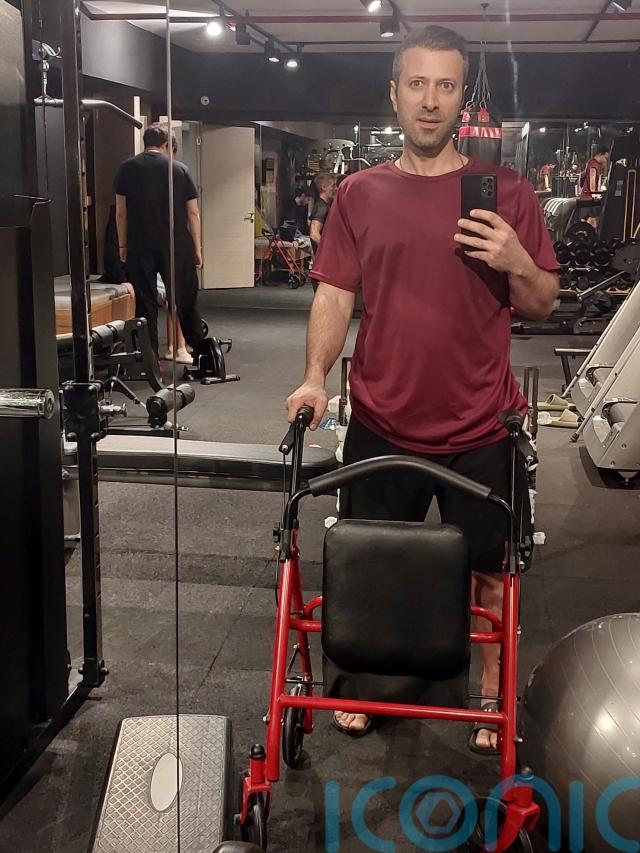
He said he only told his sister and two of his friends about his plans – his sister was shocked but supportive, while his friends said they would not consider the surgery even if they were offered a million dollars.
At the time, Irakli was working in a call centre around his PhD studies, but decided to quit his job to have the surgery and focus on his recovery.
He scheduled his surgery for February 14 2025 and “wasn’t nervous at all”, having spent the months beforehand listening to positive podcasts and avoiding negative news until he developed a “warrior mindset”.
During the procedure itself, Irakli said he was put under general anaesthetic and the surgeon broke his femurs into two parts, before attaching metal frames, called external fixators, to his legs.
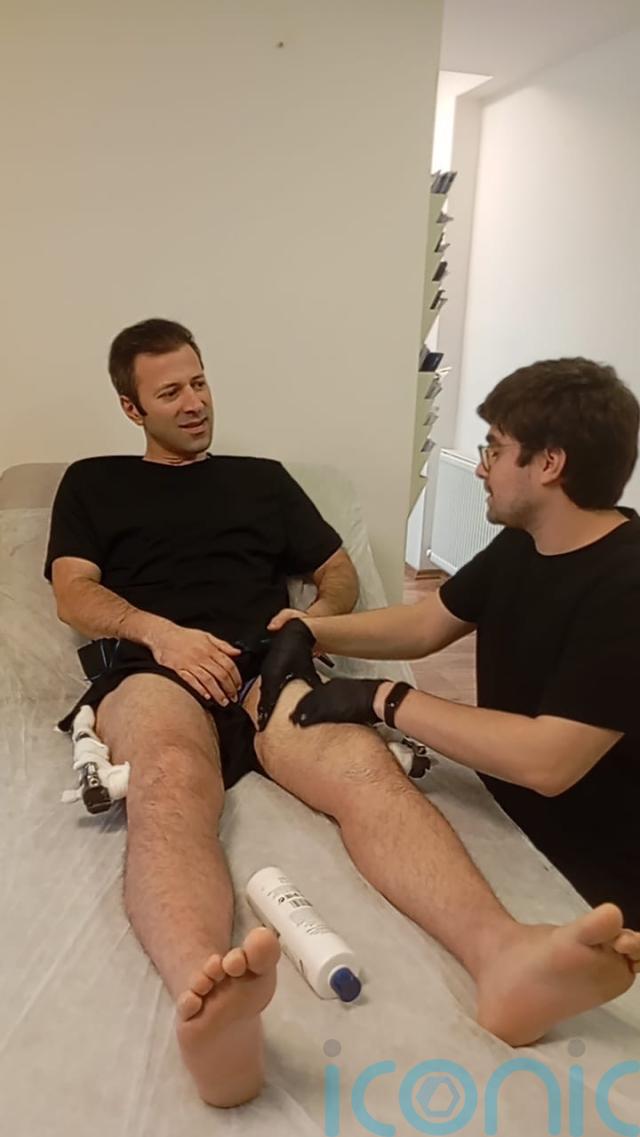
These fixators sit outside the leg and are held in place by metal pins that go through the skin and into the bone on both sides of the break.
The fixators have rods and screws that can be adjusted to move the bone gradually.
When the pins go into the skin, they leave small open wounds, which are cleaned every day to stop them getting infected.
Five days after the surgery, Irakli began using an Allen key to turn the screws on the fixators every day.
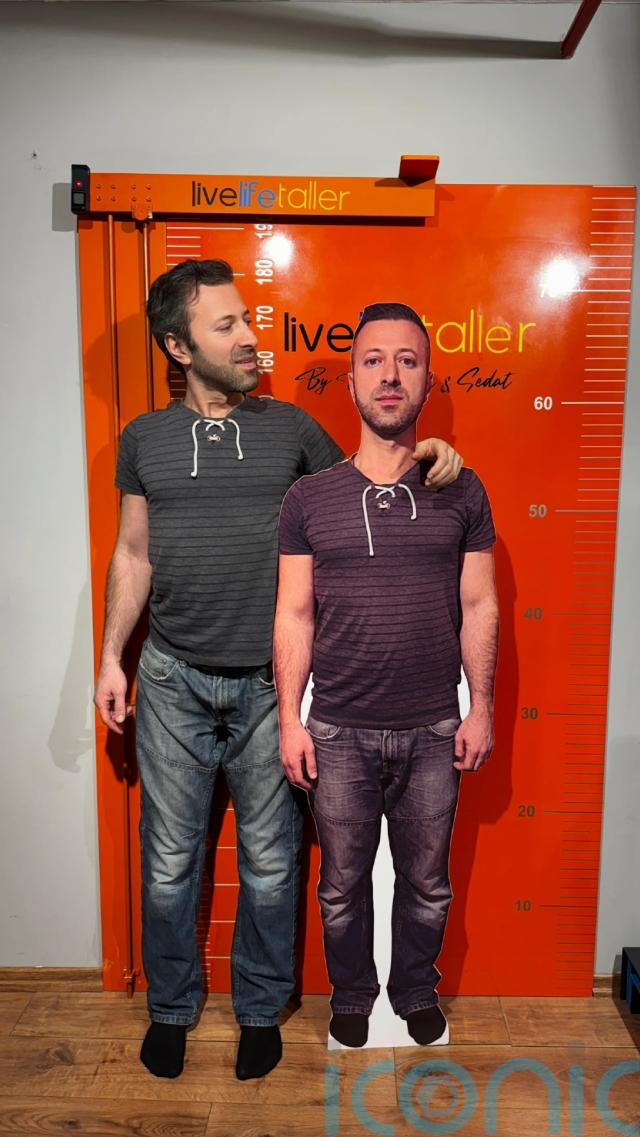
This gently pulled the two ends of his broken bone apart by about 1mm each day, allowing new bone to grow in the space.
Six days after surgery, he was admitted to the clinic’s rehabilitation centre, where he had physiotherapy three times a week for three months.
“I stretched as much as possible and I woke up five times per night, stretched in the bed and went back to sleep, and I went to the gym almost every day,” Irakli explained.
“I used a walker to get around.
“There was some intense pain but I prepared myself mentally so it was okay, and I had painkillers too.
“Pain is inevitable in this process but I looked at the pain as progress – fear is an obstacle to a progress.
“Therefore, I pushed myself not to give up and to go forward.”
Irakli said he had to turn the fixators every day until May 10 and achieved a 3.7in (9cm) increase in his height.
The fixators stayed in place until the new bone hardened, and were removed on May 12.
Irakli said the surgery and rehabilitation have cost approximately £36,190 (42,000 euro), but it was “worth it”.
Since the start of July, he has been able to walk without a walker and crutches.
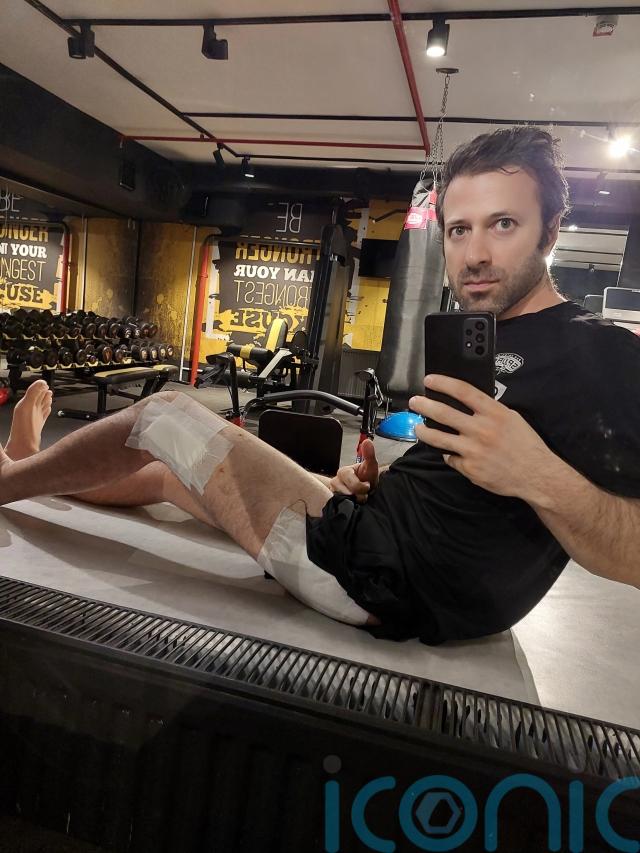
He said: “It felt amazing, I’m really satisfied with my height now and I achieved what I dreamed of.
“I think I don’t get as nervous any more, I feel relaxed.
“I became stronger mentally and physically.
“I feel better about my proportions now, my arm span is still a little bit longer than my height but I feel really happy, especially with sneakers on.”
When he came back from Turkey, he said his friends “clapped” in celebration when they saw his height for the first time.
He added: “Everybody was shocked with my height and right now I’m taller or at the same height as my friends.
“I feel like I’ve got more respect from my friends now because once you go through a challenge, and once you win your battle, you are a strong person and I proved to them that I can do something that’s really hard.”
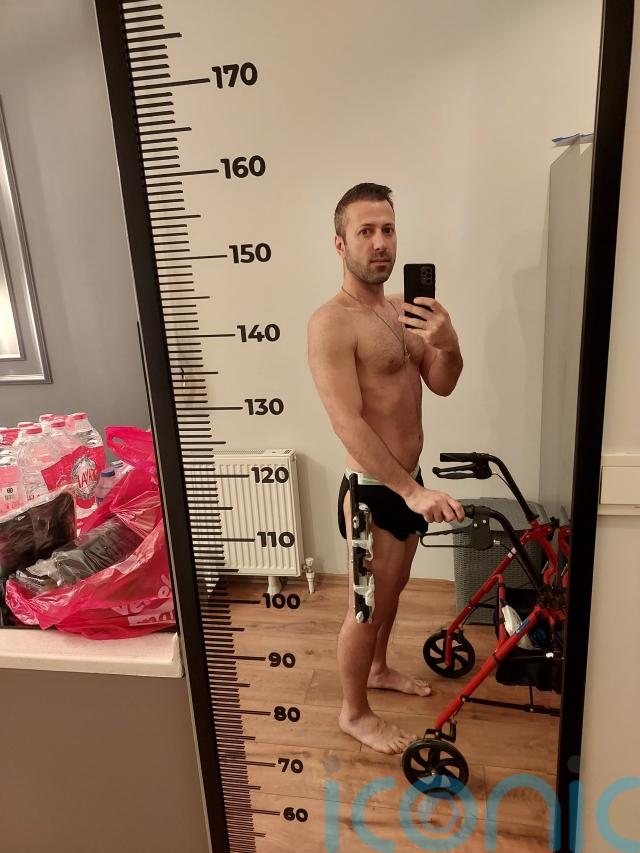
Irakli would encourage others to do their own research, but to those considering the surgery, he said: “You should turn this dream into the goal, set the steps on how to reach your goal and keep moving.
“Don’t give up, you’ll feel like a champion after when you are taller.
“But be patient, it takes time – think tomorrow will be better than yesterday, and you will be a better person than you were yesterday, and then it will be easier.
“In the end, we all want to be the best version of ourselves.”
The NHS states that if you are thinking about having a cosmetic procedure, it is important to do your research.
All cosmetic procedures have some risks, whether you are having a surgical procedure or a non-surgical procedure.
Cosmetic surgery is not routinely provided on the NHS.
Subscribe or register today to discover more from DonegalLive.ie
Buy the e-paper of the Donegal Democrat, Donegal People's Press, Donegal Post and Inish Times here for instant access to Donegal's premier news titles.
Keep up with the latest news from Donegal with our daily newsletter featuring the most important stories of the day delivered to your inbox every evening at 5pm.